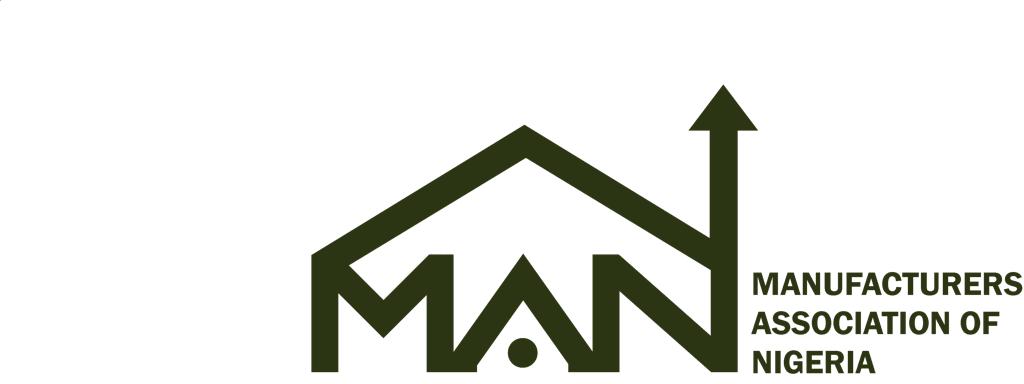The Manufacturers Association of Nigeria (MAN) has issued a strong call to the Federal Government, urging prioritization of local manufacturers in the procurement of fencing materials for the Murtala Mohammed International Airport perimeter fencing project. MAN’s plea centers around the principle of “Nigeria First,” advocating for the utilization of indigenous capacity and expertise instead of resorting to imported materials, specifically the Clear Vu fencing. This call aligns with President Bola Tinubu’s economic policy focused on bolstering domestic industries and promoting self-reliance. MAN argues that awarding the contract to local manufacturers will not only boost the Nigerian economy but also align with existing executive orders promoting local content.
MAN contends that Nigerian manufacturers possess the requisite capacity and technical know-how to produce fencing materials that meet international standards, thus negating the need for importation. The association highlights the potential benefits of patronizing local industries, including job creation, conservation of foreign exchange, increased tax revenues, and a strengthened industrial base. These advantages, MAN argues, are crucial for sustainable economic growth and development. By prioritizing local suppliers, the government can effectively stimulate the manufacturing sector, foster technological advancement, and create a ripple effect of positive economic impacts. The association emphasizes that this project represents a prime opportunity for the government to translate the “Nigeria First” policy from mere rhetoric into tangible action.
MAN’s appeal underscores a broader concern about the historical pattern of sidelining local manufacturers in favor of foreign suppliers. The association points to previous instances where similar projects, including airport fencing, relied on imported materials despite the availability of competent local producers. Citing a specific example of fencing materials imported from South Africa, MAN expresses its disappointment with this recurring practice, deeming it detrimental to local industry and contradictory to the government’s stated commitment to local content development. This historical context reinforces the urgency of MAN’s call, emphasizing the need for a decisive shift in procurement practices to genuinely prioritize Nigerian businesses.
The association’s argument hinges on the premise that adhering to the “Nigeria First” policy is not merely a symbolic gesture but a strategic imperative for national development. By procuring fencing materials locally, the government can demonstrate its commitment to fostering a robust domestic manufacturing sector. This, in turn, will contribute to economic diversification, reduce reliance on imports, and enhance national resilience. Furthermore, MAN emphasizes the importance of aligning procurement decisions with national interest, ensuring that public spending contributes to the growth and development of Nigerian industries. This approach, MAN asserts, is essential for realizing the full potential of the Nigerian economy and achieving sustainable prosperity.
MAN’s statement serves as a direct appeal to the Federal Government for immediate intervention. The association urges the government to ensure that the contractor handling the Lagos Airport fencing project strictly adheres to Executive Orders 003 and 005, which promote local content in public procurement. These executive orders, MAN argues, provide a legal and policy framework for prioritizing indigenous manufacturers and should be rigorously enforced in this project. The association also calls for alignment of procurement processes with the “Nigeria First” policy, making it a central consideration in all government contracts. This, MAN believes, is crucial for creating a level playing field for local businesses and fostering a conducive environment for industrial growth.
Finally, MAN reaffirms its commitment to supporting the government’s efforts to promote inclusive growth and development. The association pledges to collaborate with relevant stakeholders to ensure that public procurement processes prioritize Nigerian businesses and contribute to the overall economic advancement of the country. This commitment underscores MAN’s role as a key partner in the government’s drive to build a stronger and more self-reliant economy. By working together, MAN and the government can create a virtuous cycle of economic growth, where public spending stimulates domestic production, creates jobs, and enhances national prosperity. The Lagos Airport fencing project, in this context, becomes a symbolic test case for the government’s commitment to “Nigeria First” and its willingness to translate policy into concrete action.


